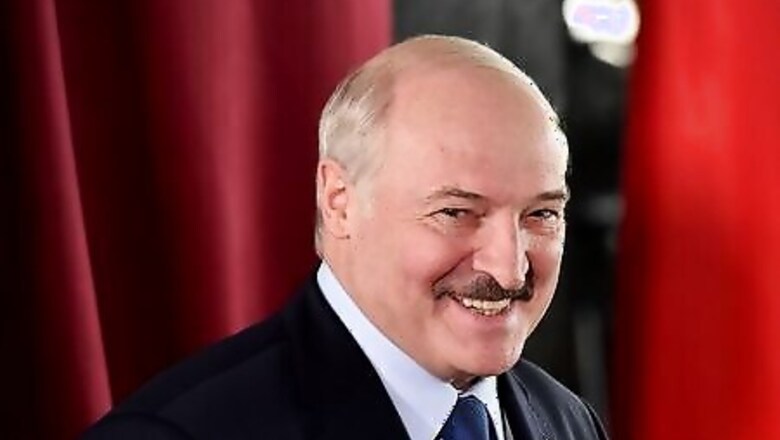
views
MOSCOW: Belarusian leader Alexander Lukashenko promoted hardline loyalists to top posts in his security apparatus on Thursday in an effort to strengthen his grip on the former Soviet republic after weeks of mass protests and strikes.
Lukashenko, facing the biggest challenge to his 26-year rule, accompanied the reshuffle with instructions to act tough in the face of what he has repeatedly alleged is foreign aggression. “Belarus finds itself confronting an external aggressor one-to-one,” he told the new security chiefs.
“Therefore I ask you to take this to the people. They shouldn’t condemn me for any sort of softness. There’s no softness here. The country is working, although many, especially our neighbours, would like us to collapse.”
Retaining the loyalty of the security forces, who have helped him crack down hard on dissent, is vital to Lukashenko as he tries to crush protests that show no sign of abating after nearly four weeks.
Lukashenko removed Andrei Ravkov, head of the security council which coordinates the work of all the agencies, and replaced him with Valery Vakulchik, previously head of the KGB security police.
Vakulchik was replaced by Ivan Tertel, formerly head of the state control committee which investigates economic crime. In that role, Tertel had led a criminal investigation against banker Viktor Babariko which led to the latter being banned from running against Lukashenko in last month’s election.
Another loyalist, Vasily Gerasimov, was named acting head of the control committee, and Anatoly Sivak, the mayor of Minsk, was promoted to deputy prime minister.
TORTURE REPORTS
Lukashenko has provided no evidence that foreign powers are behind the protests. The opposition has denied this, and NATO has also denied his allegations that it is massing forces near the Belarusian border.
Belarus is a close ally of Moscow, which sees it as a vital strategic buffer between Russia and NATO. President Vladimir Putin said last week the Kremlin had set up a reserve police force at Lukashenko’s request but it would be deployed only if necessary.
Human rights experts from the United Nations said this week they had received reports of hundreds of cases of torture, beatings and mistreatment of Belarusian protesters by police.
The government has denied abusing detainees and has said its security forces have acted appropriately against demonstrators.
Separately, two former TV presenters were arrested in the capital Minsk on Wednesday night, relatives and local media said.
Broadcaster Euroradio said Denis Dudinsky was detained by uniformed officers who dragged him into a black minibus near his house.
A second former TV anchor, Dmitry Kokhno, was also arrested and driven away, according to his wife Nadezhda. She wrote on Instagram that he was held in jail overnight and would appear in court on Thursday.
“I thank God our son didn’t see it (the arrest),” she said, alongside a black and white photo of her husband with the small boy.
Disclaimer: This post has been auto-published from an agency feed without any modifications to the text and has not been reviewed by an editor













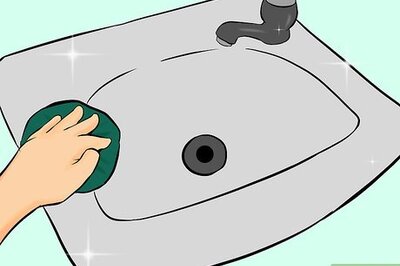

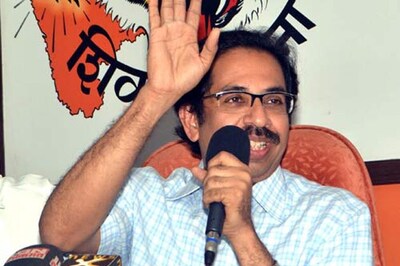
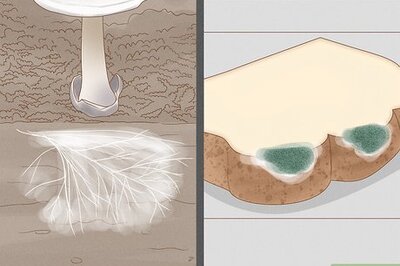

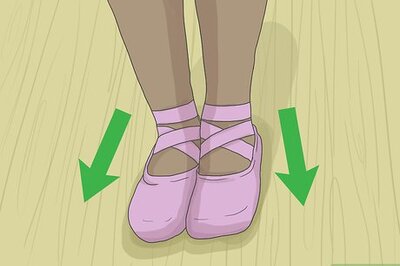

Comments
0 comment